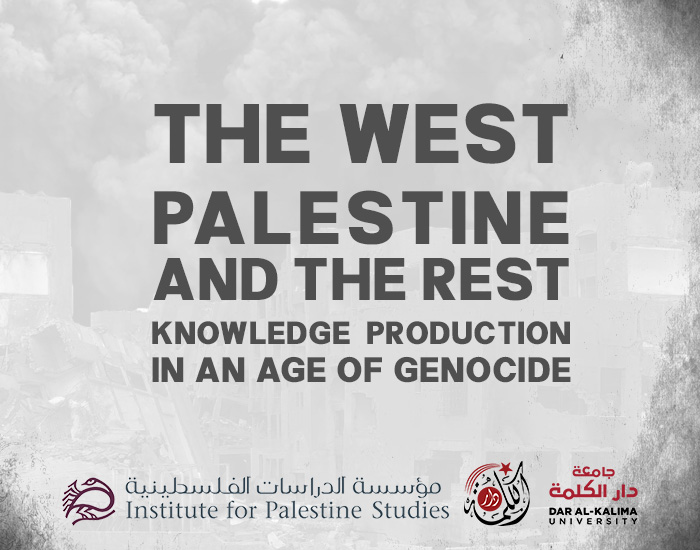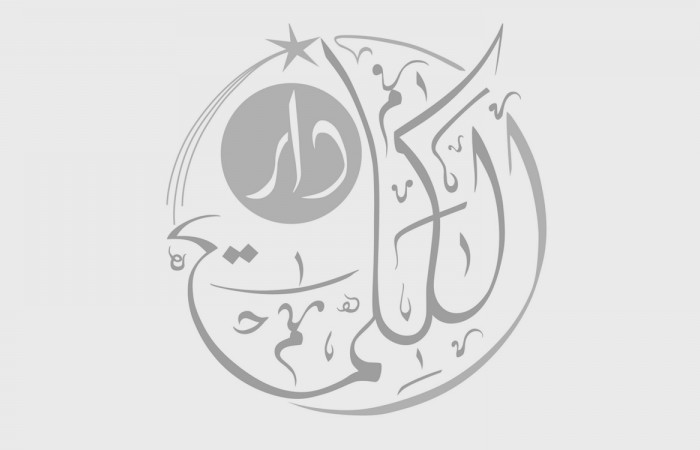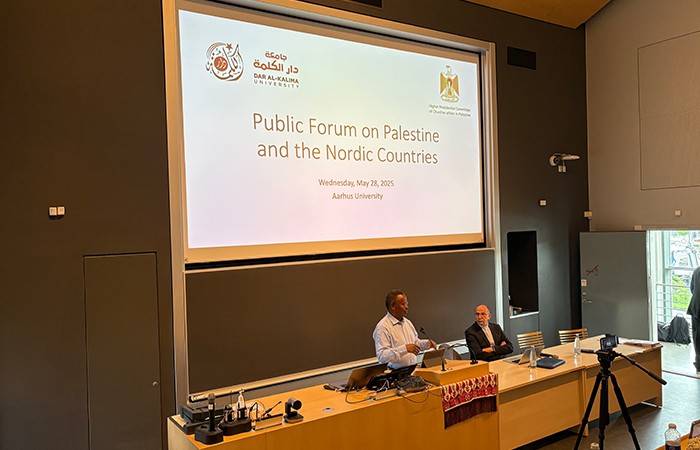Latest News
Dar al-Kalima University and the Institute for Palestine Studies will be convening a conference titled ‘The West, Palestine, and the Rest: Knowledge Production in an Age of Genocide’ in Istanbul, Turkey between May 17th 19th, 2024.
Considering the unfolding genocide in the Gaza Strip, the intensification of settler colonial and necropolitical violence across the map of historic Palestine, and the suppression of Palestinian and pro-Palestine voice around the world, we see it necessary to convene a space for thinking about and reflecting on the importance of centring Palestine and Palestinian liberation. As the genocide unfolds, major academic institutions are competing to issue statements condemning, demonizing, and dehumanising the Palestinian people, thus providing justification to Israel’s genocidal campaign. Israel has destroyed more than 219 educational facilities so far, including at least 29 UNRWA Schools. The Islamic University of Gaza (IUG), Al-Azhar University, and others have been completely eliminated. Palestinian intellectuals have been systematically targeted, including Professor Sufyan Tayeh (a leading scientist and president of IUG), poet and professor Refaat Alareer (IUG), and many others. Entire generations are left out of schools, struggling to gain access to the basic amenities of livelihood. Cultural institutions, theatres, archives, libraries, mosques, and churches have been destroyed. This is what eliminations look like in practice. While this genocide is taking shape in Gaza, it is not exceptional to the history of Israeli violence or (settler) colonial violence in general.

We aim to gather to interrogate the implications of this dehumanisation not only for the Palestinians, but also for the oppressed, indigenous, and colonized around the world. With the performative prominence of notions of decoloniality and the decolonial in Western academia, we ask: all this decolonising and you want nothing to be decolonised? What responsibilities do intellectuals, artists, and academics have in the face of genocide and ethnic cleansing? How are the liberal notions of ‘academic freedom’ and ‘free speech’ eclipsed by race, gender, class, and nationality, deeming certain communities unworthy of advocacy and speech? How do we convene spaces for knowledge production that resist censoring pressures and assert Palestinian liberation and self determination?






